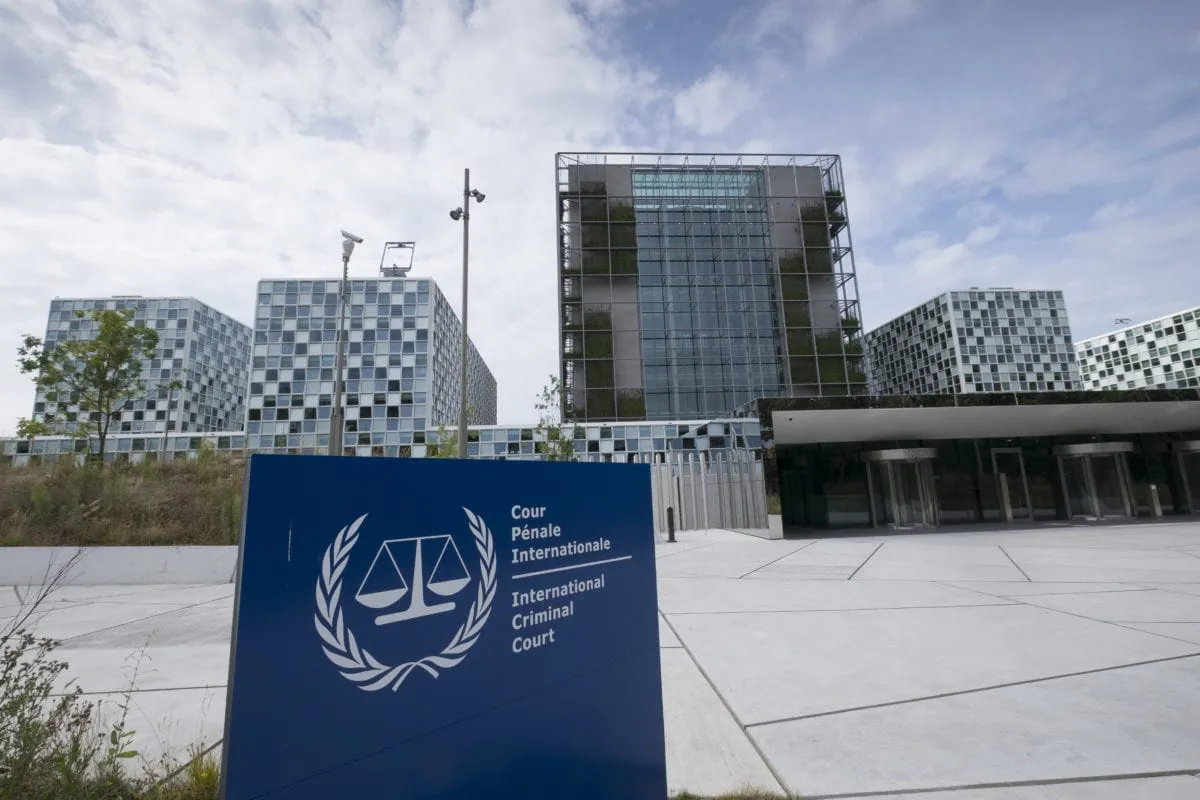Subtotal $0.00
The humiliating US withdrawal from Afghanistan represented a new kind of challenge for the Afghan people, namely the challenge of stability and development, as this country, rich in natural resources, geographical location and human wealth, still suffers from long decades of foreign occupation and the absence of a national state, which pushed cohorts of Afghan youth towards migration, drug addiction and terrorism.
Following the US withdrawal, it seemed that neighboring countries were interested in Afghanistan moving towards relative stability that would limit cross-border issues such as migration, drugs and terrorism. These efforts were led by Pakistan in particular, as the withdrawal process was considered a victory for Pakistani diplomacy. However, many events that have occurred since that date indicate that external parties do not want this stability to happen, simply because it could play into the hands of their rivals, especially Pakistan, China and Iran. Since the early days of the withdrawal process, we have witnessed terrorist attacks, primarily aimed at undermining the security situation and making the de facto government led by the Taliban appear impotent and unable to manage the state, which means aborting any real chance of any economic, developmental or relief efforts.
The dismissal of Imran Khan's stormy government means a real change of heart in the most important supporter of Afghanistan's stability and the Taliban's efforts. Almost immediately, we witnessed the Pakistani air force bombing Afghanistan about a week ago
Recently, we witnessed a new and dangerous development in this context, namely the dismissal of the Imran Khan The storm means a real change of heart for the most important supporter of Afghanistan's stabilization and the Taliban's efforts. We witnessed almost immediately Pakistani air strikes in Afghanistan about a week ago, in areas of Kunar and Khost provinces, killing more than 40 people, including children and women, as announced by various media outlets.
While the Pakistani military and government denied it, at the other end of the spectrum in Afghanistan, 24 hours later, the Taliban, through its deputy foreign minister and spokesman Zabihullah Mujahid, denounced the act and warned Pakistan A stern warningHe said that Pakistan should not gamble with the experience of the Afghan people, indicating the extent of the tension caused by this incident and other security incidents between Afghanistan and Pakistan.
Of course, the timing has a very serious significance, as this bombing, the first in Pakistan's history, came after the ouster of the government of Imran Khan, who was against conducting any foreign military operations in the border region with Afghanistan, and who also had a previous statement that annoyed the United States of America, when he described bin Laden as a martyr, in addition to praising the Taliban once the American occupation left Afghanistan, and other positions indicating his strong dissatisfaction with the American position towards Pakistan, especially the issue of American drones that were striking in the border areas with Afghanistan, and sparked much anger among Pakistanis.
The United States viewed Imran Khan as out of sync with U.S. interests and policy in the region, but this dissatisfaction with U.S. policy in Pakistan was not limited to Imran Khan; in fact, the majority of the Pakistani elite were convinced that America had turned its back on Pakistan in favor of India
The United States viewed Imran Khan as out of sync with American interests and policy in the region, but this dissatisfaction with American policy in Pakistan was not limited to Imran Khan. In fact, the majority of the Pakistani elite is convinced that America has turned its back on Pakistan in favor of India, its arch-rival.
Of course, there was a pretext used by the Pakistani military and government for this military intervention. It was in response to the killing of some Pakistani soldiers by the TTP a day or two before the Pakistani bombing took place. Government of Pakistan that the attackers were finding refuge in Afghanistan; it had to respond.
Prior to the Pakistani bombing incident Popular escalation The emergence of videos showing the persecution of Afghan refugees in Iran and the violation of their dignity sparked a state of great anger in Afghanistan; Afghan demonstrators besieged Iranian consulates in Afghanistan, which created a great deal of tension between Iran and Afghanistan, to the point that the Iranian government issued a warning to the Taliban government, reminding it of its responsibilities to protect Iranian consulates.
This all comes at a time when the Taliban government is still waiting for international recognition and the release of Afghan budget funds frozen in US banks, which are supposed to be used to address the shortage of foodstuffs in the country, the prices of which have skyrocketed globally, following the military confrontations between Russia and Ukraine, threatening the risk of famine in a country that is one of the poorest in the world.
In the near future, Pakistan will take more publicized steps in other contexts to improve the relationship with the U.S., but this is unlikely to improve the economic, political, and social situation in Pakistan
The Iranian and Pakistani incidents indicate the existence of a plan to undermine any chance of stability in Afghanistan, and if the relationship with Afghanistan's two largest neighbors, Pakistan and Iran, becomes strained, the situation will lead to a lot of instability in Afghanistan, which is in the interest of India, which was very disturbed by the Taliban coming to power, and also serves the US strategy that aims not to leave the vacuum it left in Afghanistan for China to expand into, by creating an insecure environment that makes investment in Afghanistan difficult.
Returning to the Pakistani position, the current government in Pakistan aims to repair the damage that occurred in Pakistani-American relations during Imran Khan's tenure by presenting some steps that express its goodwill, and the bombing may have come in this context, which means that Pakistan will go in the near future to more declared steps in other contexts to improve the relationship with the United States, but this will not - most likely - be a reason to improve the economic, political and social situation in Pakistan, as the issues that the country is suffering from are not exclusively related to Imran Khan's performance, but his coming to power was the result of











